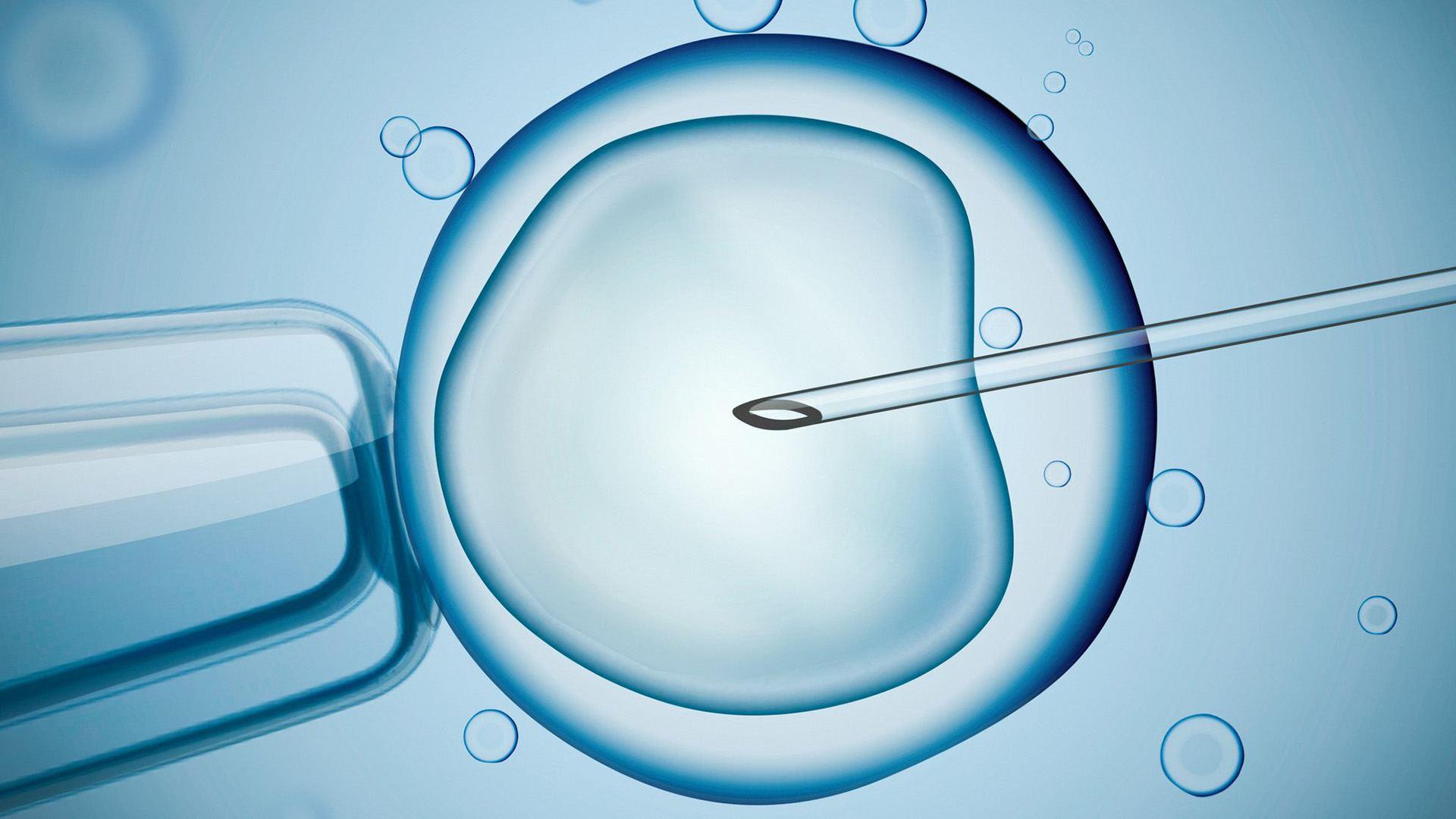We Don't Need More Reasons to Reject Heritable Genome Modification
By Katie Hasson,
The Hill
| 06. 10. 2019
Late last year, scientist He Jiankui announced the birth of the world’s first genetically modified babies. He deployed a technology known as CRISPR to alter the genomes of two embryos that he used to initiate a pregnancy; their mother carried the pregnancy until the two girls, publicly called Lulu and Nana, were delivered prematurely by C-section.
The response of scientists, bioethicists, and the public was immediate and overwhelmingly negative. He’s reckless actions violated Chinese regulations, crossed a bright line that dozens of countries have written into their laws, flouted nearly every rule of medical ethics, and exposed two girls to grave and unknowable risks.
This week, a study emerged highlighting the dangers of what He did, especially based on our current level of understanding. He attempted to disable a gene called CCR5 by producing a variant that has been shown to confer resistance to HIV. But the new study suggests that having non-working copies of CCR5 actually has an overall negative effect on health, specifically a 21 percent increase in mortality before age 76.
These findings...
Related Articles
By Scott Solomon, The MIT Press Reader | 02.12.2026
Chris Mason is a man in a hurry.
“Sometimes walking from the subway to the lab takes too long, so I’ll start running,” he told me over breakfast at a bistro near his home in Brooklyn on a crisp...
By Diaa Hadid and Shweta Desai, NPR | 01.29.2026
MUMBRA, India — The afternoon sun shines on the woman in a commuter-town café, highlighting her almond-shaped eyes and pale skin, a look often sought after by couples who need an egg to have a baby.
"I have good eggs,"...
By George Janes, BioNews | 01.12.2026
A heart attack patient has become the first person to be treated in a clinical trial of an experimental gene therapy, which aims to strengthen blood vessels after coronary bypass surgery.
Coronary artery bypass surgery is performed to treat...
By Staff, ScienceDaily | 01.05.2026
Scientists at UNSW Sydney have developed a new form of CRISPR technology that could make gene therapy safer while also resolving a decades-long debate about how genes are switched off. The research shows that small chemical markers attached to DNA
...




